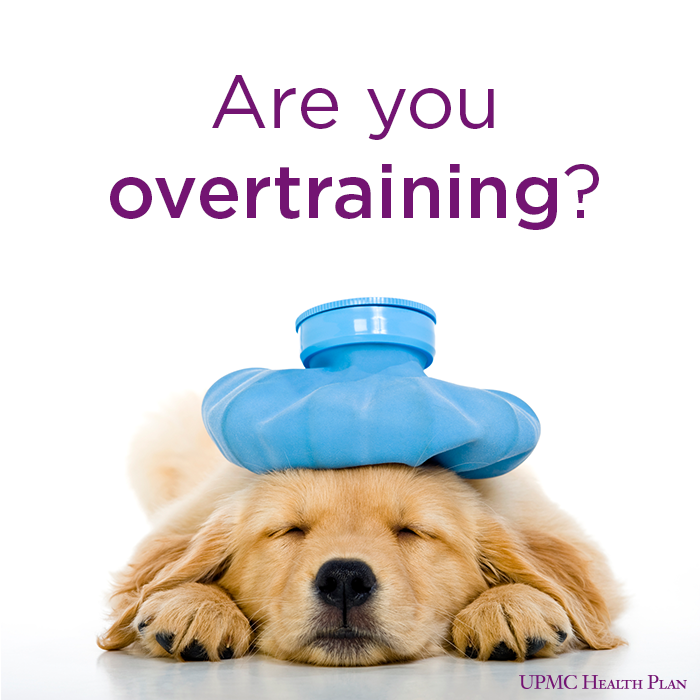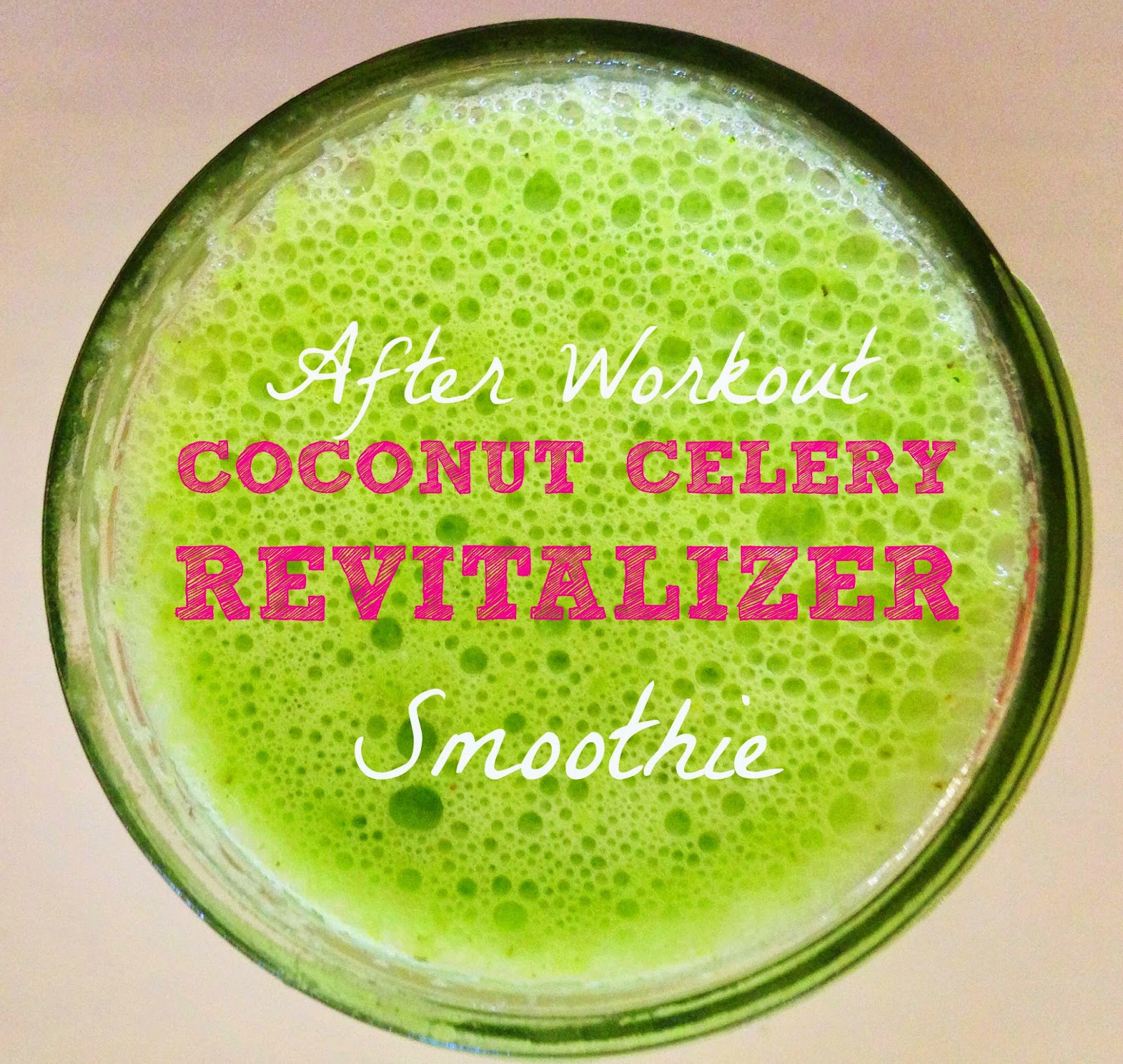
Her journey to health has been long but she stormed on and eventually reached a point where her hormones are near balanced and her weight is under control. Now she has a passion to help others and strongly believes anyone can reach their health and fitness goals, it just takes hard work and perseverance!
Thanks for sharing your passion and knowledge with us Caszie, enjoy!
Exercising Too Much: More Harm Than Good for Your Mind, Body and Skin Health?
Do you exercise hard and exercise often? Every day? Maybe even twice a day?
You may think it’s healthy, that it will get you to your goals more quickly.
Your body says otherwise.
Overtraining can be detrimental to your health. It can, in fact, reverse your progress, set you back, and wreak havoc on your body and mind and lead to skin issues due to excessive acidity, hormonal imbalance and dehydration.
Effects of Overtraining:
- Sleep issues/disturbances
- Excessively thirsty and dehydrated ~ which can lead to constipation, liver congestion and dry skin
- Injury/decrease in performance
- Lack of motivation/excessive fatigue
- Depression, anger, irritability
- Decreased testosterone/imbalanced hormones ~ leading to skin issues like acne
- Increased levels of cortisol: sleep issues, weight gain (specifically fat gain around abdomen), memory issues
- Hyperactive immune system: autoimmune responses and inflammation which could lead to skin issues such as acne
In short, overtraining puts too much stress on the body and leads to an acidic environment!
Steps to Exercise in a Healthy Way:
- Balance: Incorporate Cardio, Strength Training, Core Exercises, and Stretching in order to have a complete exercise program. Your body needs all four aspects to become healthy, fit, and strong.
- Rest: Your body needs to recover so that it can become stronger. Take a day off between strength training workouts, or even take a week off every few months to give your body a break.
- Train Smart: Gradually increase your intensity, instead of jumping right in. If you do HIIT (High Intensity Interval Training), take at least one day off between sessions. Doing too much too soon will burn you out.
- Change up the routine: Doing the same exercises every workout will cause you to plateau. Keep a strength training routine for 3-4 weeks maximum, then change up the exercises or the weight to challenge yourself.
- Check your diet: Keep yourself hydrated and make sure you’re eating enough. Contact Annaliisa if you have questions about which foods will help you achieve your health goals!
Thanks Caszie:)
To go along with a healthy workout, this is a perfect smoothie to replace electrolytes lost after good sweat, be it from working out or detoxifying sauna. It has all the essentials to revitalize from the coconut water plus extra sodium and silica from celery, potassium from avocado, calcium from kale and chia, and easily digestible protein to rebuild. Perfectly cooling, skin beautifying and energizing!
Coconut Celery Pear Revitalizer
- 2 cups coconut water
- 1 ripe pear
- ½ avocado
- 3 kale leaves
- 3 celery stalks (1 cup)
- 1 scoop protein powder (I used Genuine Health Vegan Fermented Protein ~ Natural Vanilla Flavour)
- 1 Tbsp hemp seeds
- 1 Tbsp chia seeds
- 4-5 ice cubes
How to make:
Combine all ingredients in the blender and allow to soak for 5 minutes. Buzz until smooth.
Makes 1 serving
Caszie Schoeber is a Fitness Specialist, specializing in circuit training and women’s health. She can be found indoors and out, encouraging and motivating others to pursue and achieve their health and fitness goals. For more information, check out her websitewww.caszieschoeber.wordpress.com
References:
Kreher, Jeffrey B., & Schwartz, Jennifer B. (2012). Overtraining Syndrome: A Practical Guide. Sports Health: A Multidiscilpinary Approach, 4(2). Retrieved from http://www.ncbi.nlm.nih.gov/pmc/articles/PMC3435910/
Kresser, Chris. (2012). Why You May Need to Exercise Less. Let’s Take Back Your Health. Retrieved from http://chriskresser.com/why-you-may-need-to-exercise-less
Need some delish recipes and inspiration to get your healthy eating back on track?
Download your FREE meal plan, shopping list, and meal prep guide that will save your HOURS in the kitchen and kick start your healthy living.








